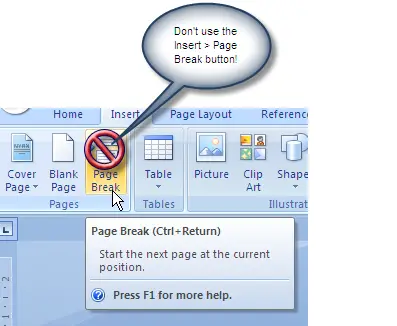Pagination is a way to break up content into smaller parts. This is important for websites with lots of content. Users can click through pages instead of scrolling endlessly.
What is Pagination?
Pagination divides content into several pages. Each page has a set number of items. This makes it easier to find information.

Credit: shaunakelly.com
Why is Pagination Important?
Pagination improves user experience. It helps users find what they need quickly. It also helps with website loading times. Large pages take longer to load. Smaller pages load faster.
Better User Experience
Users like websites that are easy to use. Pagination helps users navigate through content. This makes the website more user-friendly.
Improved Loading Times
Large pages can be slow. Slow pages make users leave. Pagination speeds up loading times. This keeps users on your site longer.
Seo Benefits
Search engines like well-structured websites. Pagination helps with this. It makes your site easier to crawl. This can improve your search engine ranking.
How to Implement Pagination
Implementing pagination is simple. Follow these steps to add pagination to your website:
Step 1: Plan Your Pagination
Decide how many items will be on each page. This depends on your content. Choose a number that makes sense for your users.
Step 2: Add Page Links
Each page needs a link. These links help users move from page to page. Place these links at the top and bottom of your content.
Step 3: Style Your Pagination
Use CSS to style your pagination links. Make them easy to see and click. Good design improves user experience.
Best Practices for Pagination
Follow these best practices to make your pagination effective:
Use Clear Labels
Label your pagination links clearly. Use numbers or words like "Next" and "Previous". This helps users understand how to navigate.
Keep It Simple
Do not add too many links. This can be confusing. Keep your pagination simple and easy to use.
Ensure Accessibility
Make sure all users can use your pagination. This includes users with disabilities. Use accessible design practices.
Monitor Performance
Check how your pagination is working. Use tools like Google Analytics. This helps you see if users are having any problems.

Credit: medium.com
Common Pagination Issues
Sometimes, pagination can cause problems. Here are some common issues and how to fix them:
Duplicate Content
Search engines do not like duplicate content. Use the "rel=canonical" tag. This tells search engines which page is the main one.
Broken Links
Check your pagination links often. Make sure they all work. Broken links can frustrate users.
Too Many Pages
Do not create too many pages. This can make users lose interest. Keep your content manageable.
Frequently Asked Questions
What Is Pagination In Web Development?
Pagination is the process of dividing content into separate pages. It improves user experience and site performance.
Why Is Pagination Important For Seo?
Pagination helps search engines crawl your site more efficiently. It prevents duplicate content issues and improves user navigation.
How Can I Implement Pagination In My Website?
You can use server-side or client-side techniques. Popular methods include using PHP, JavaScript, or CMS plugins.
Conclusion
Pagination is key for large websites. It makes content easier to navigate. It improves user experience and loading times. It also helps with SEO. Follow the steps and best practices in this guide. This will help you create effective pagination.
Remember to monitor your pagination. Fix any issues that come up. This will keep your users happy and your site running smoothly.